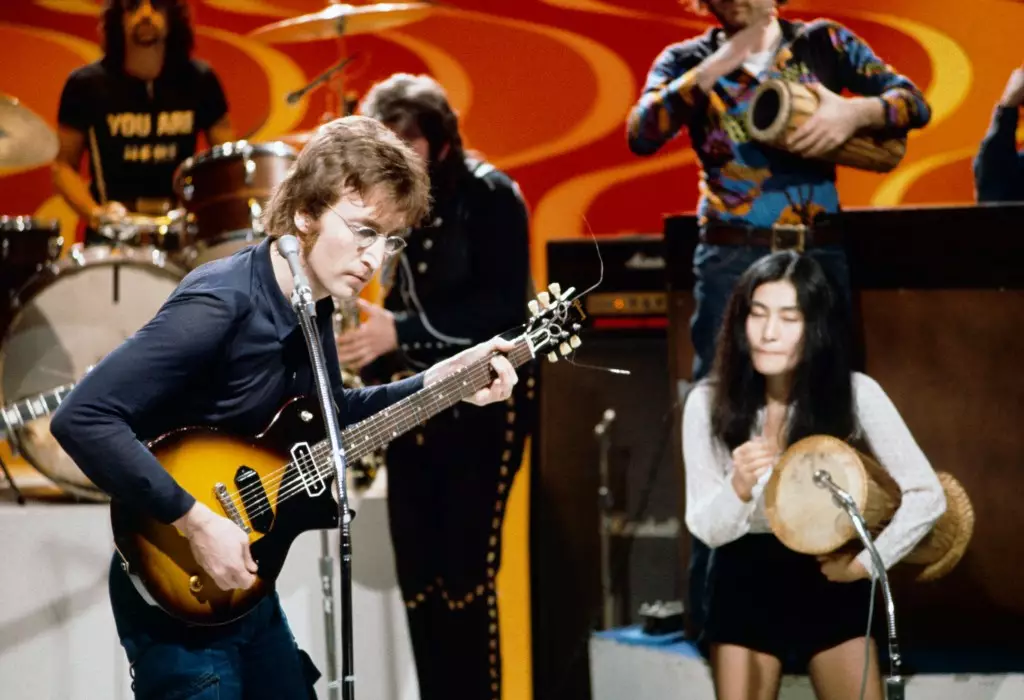In a notable shift within the contemporary film industry, theaters across the nation are abuzz with a plethora of independent films that are breaking traditional box office molds. Films that typically find themselves in limited releases, often cloaked in the aura of exclusivity, are taking center stage in multiplexes, leading to an unusual but welcome phenomenon. From gritty horror flicks like *Terrifier 3* to animated adventures such as *My Hero Academia: You’re Next*, the cinematic landscape is richer than ever. This wave of indie films, all enjoying wide releases, suggests a growing appetite among audiences for diverse storytelling that spans genres and themes.
Notably, alongside these mainstream releases, there exists a smaller, yet compelling, selection of indie films that continue to thrive in limited markets. Here, documentary filmmaking takes charge with a significant narrative weight. For instance, the recent release of *Daytime Revolution* serves as a poignant reminder of the cultural shifts instigated through television. This documentary, helmed by Erik Nelson with contributions from Yoko Ono and Sean Lennon, recounts the revolutionary spirit that enveloped *The Mike Douglas Show* in 1972, when John Lennon and Yoko Ono brought a wave of activism straight into the living rooms of American audiences.
With an eye on societal movements, *Daytime Revolution* employs archival footage to transport viewers back to a pivotal moment in television history, highlighting a vibrant intersection of celebrity and activism. The film’s strength lies in its usage of real-time dialogue, showcasing discussions around pressing societal issues that resonate even today. As Lennon and Ono engaged with civil rights figures and entertainers, they broke away from the mundane banter typical of daytime talk shows, presenting a radical approach that inspired viewers.
Similarly, Matt Tyrnauer’s *Carville: Winning Is Everything Stupid*, invites audiences into the tumultuous world of political campaigning through the lens of famed strategist James Carville. Following Carville’s dynamic role in past elections, the film intercuts historical moments with present-day reflections on America’s political landscape and wrestles with the ongoing discourse around leadership and legacy. Such documentaries not only educate but also provoke critical thoughts on the evolution of political and societal ideologies.
Moreover, the deeply personal narrative within Hasan Oswald’s documentary *Mediha* exemplifies the power of storytelling in shedding light on human resilience against adversity. By documenting the harrowing journey of a Yazidi girl entangled in the chaos wrought by ISIS, the film not only captures profound trauma but also provides a platform for healing and dialogue—a hallmark of effective documentary filmmaking.
The varying tones among feature films also reflect an eclectic mix of themes that aim to resonate with today’s audience. With titles like *Brothers*, featuring heavyweights Josh Brolin and Peter Dinklage, indie films challenge conventional narratives through their exploration of family dynamics and accountability. The story weaves a tapestry that questions the nature of personal connections and moral dilemmas when faced with daunting circumstances.
In a lighter yet equally powerful vein, *We Live In Time*, featuring Andrew Garfield and Florence Pugh, presents a romantic comedy that spans decades, echoing the complexities of love and relationships. This film highlights how varied and multi-layered romance can be, mirroring the unpredictable nature of life.
Furthermore, the expanded reach of international cinema, as demonstrated by *My Hero Academia: You’re Next*, reflects an insatiable appetite for anime, bridging cultural gaps and attracting diverse audiences. The film is a continuation of a beloved franchise that resonates with fans globally, showcasing how diverse storytelling can thrive across varying formats while retaining engaging narratives.
Intriguingly, the rise of faith-based cinema, particularly films reflecting on Mormon history like *Six Days In August*, ushers in a new dimension to indie film offerings. This biopic underscores historic events with a spiritual lens, catering to audiences seeking to explore their faith through the medium of film. By detailing Brigham Young’s leadership following a time of crisis, the film delves into historical narratives often overlooked or simplified in mainstream media.
The current landscape of indie films, bolstered by both wide releases and poignant documentaries, illustrates a rich tapestry of storytelling that challenges, entertains, and educates. As filmmakers continue to push boundaries and widen their narratives, audiences can look forward to a renaissance of diverse voices that defy conventional cinema. The future appears bright for independent cinema, as it not only entertains but enriches the collective cultural consciousness, paving the way for continued exploration and innovation in storytelling.
